Critical Thinking Normal Building Vocabulary Worksheets for Ages 4-8
9 filtered results
-
From - To
Enhance your child's vocabulary and critical thinking skills with our engaging "Critical Thinking Normal Building Vocabulary Worksheets" designed specifically for ages 4-8. Our worksheets provide a fun and interactive way for young learners to expand their word knowledge while developing higher-order thinking skills. Each activity encourages children to think creatively, make connections, and solve problems through engaging exercises. Ideal for parents and educators, these worksheets foster a love for learning while helping children articulate their thoughts and ideas clearly. Explore our collection today and empower your child with the essential skills needed for lifelong success in literacy and reasoning!
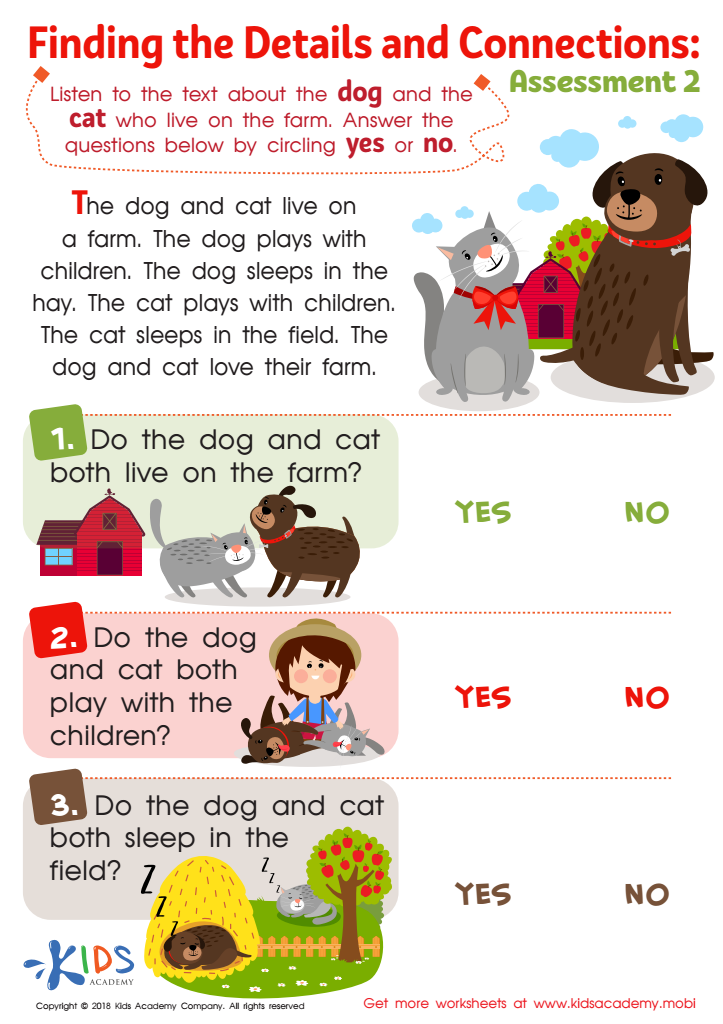

Finding the Details and Connections: Assessment 2 Worksheet
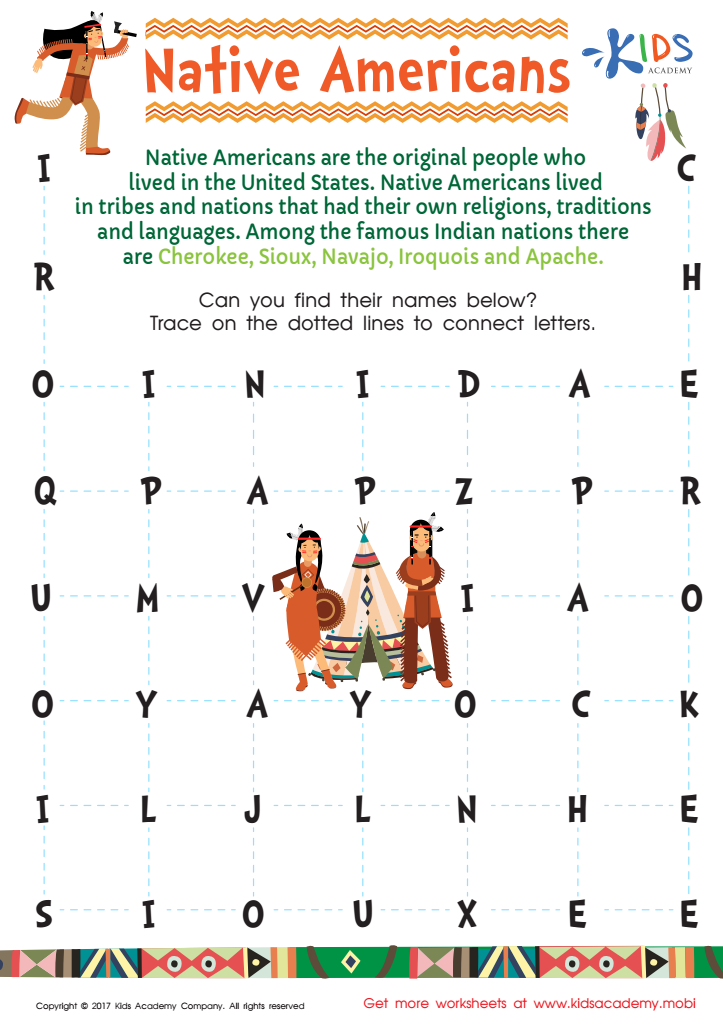

Native American Word Search Printable
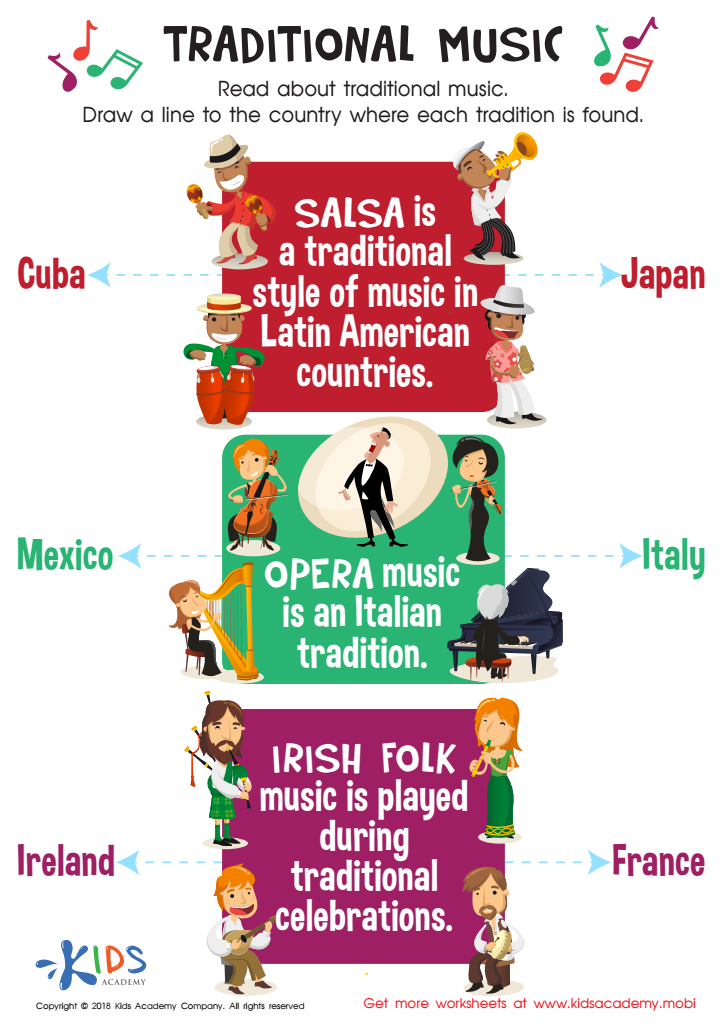

Traditional Music Worksheet
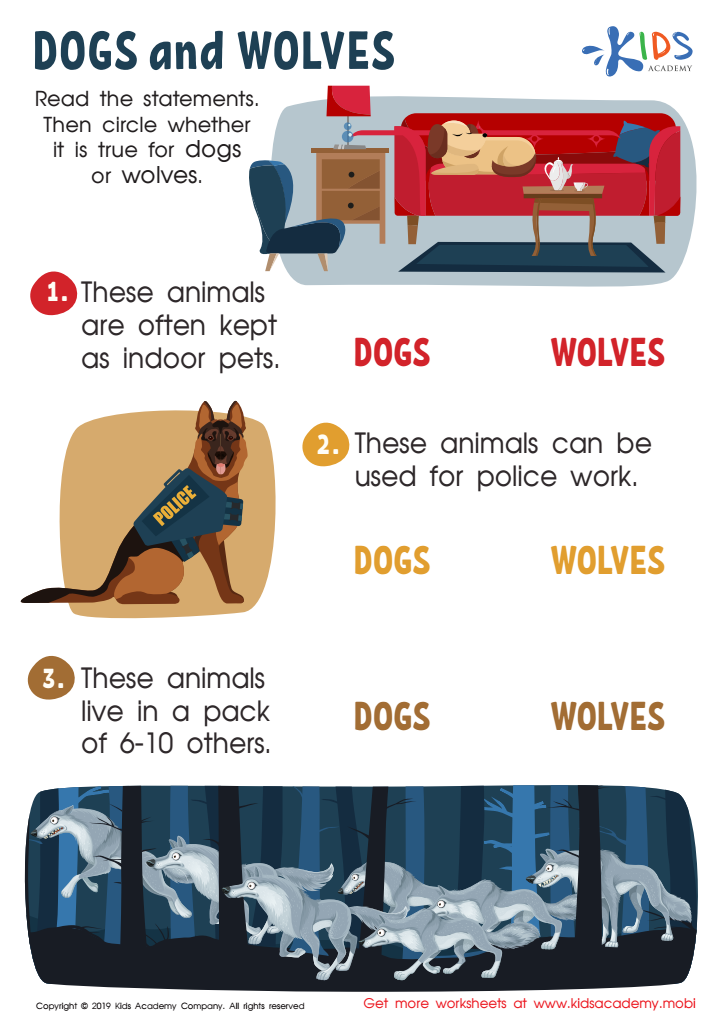

Dogs and Wolves Worksheet
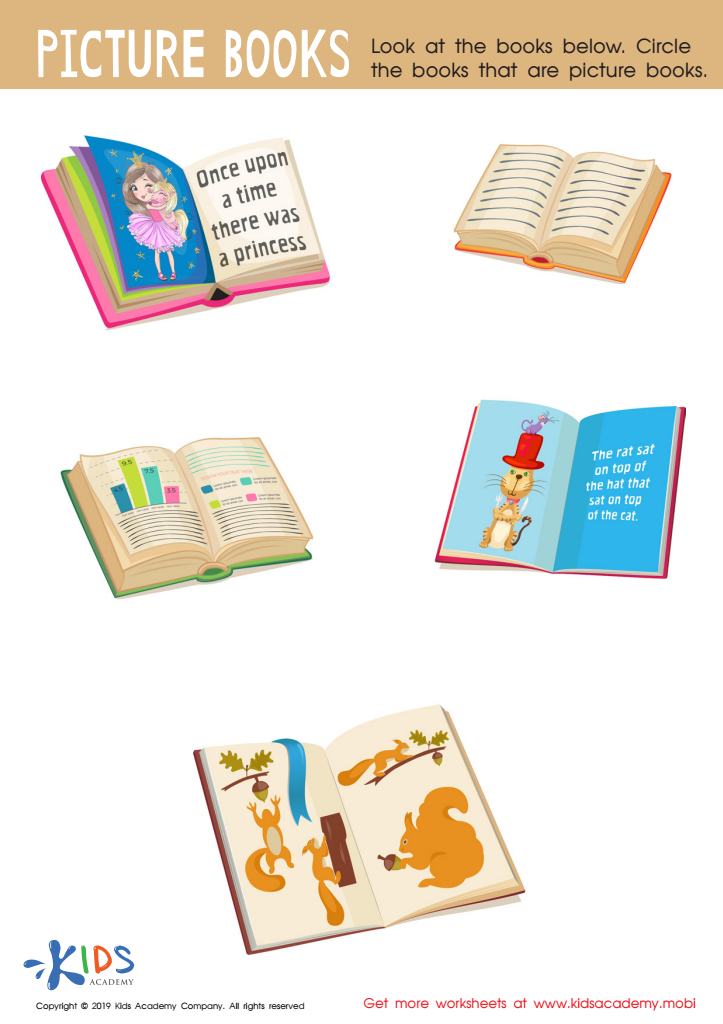

Picture Books Worksheet
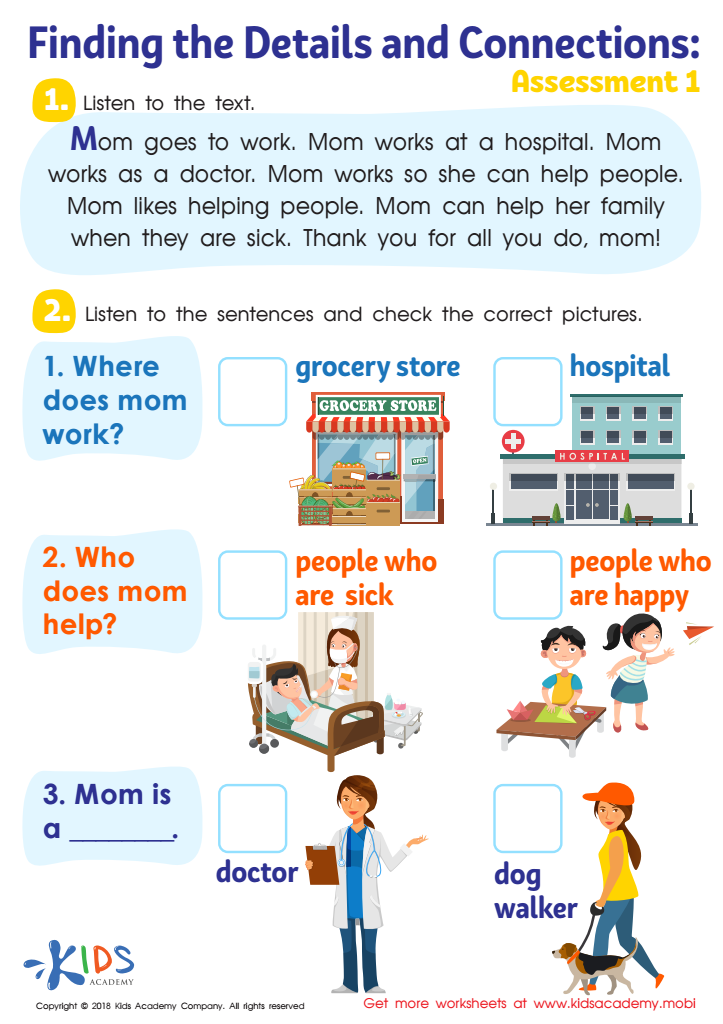

Finding the Details and Connections: Assessment 1 Worksheet
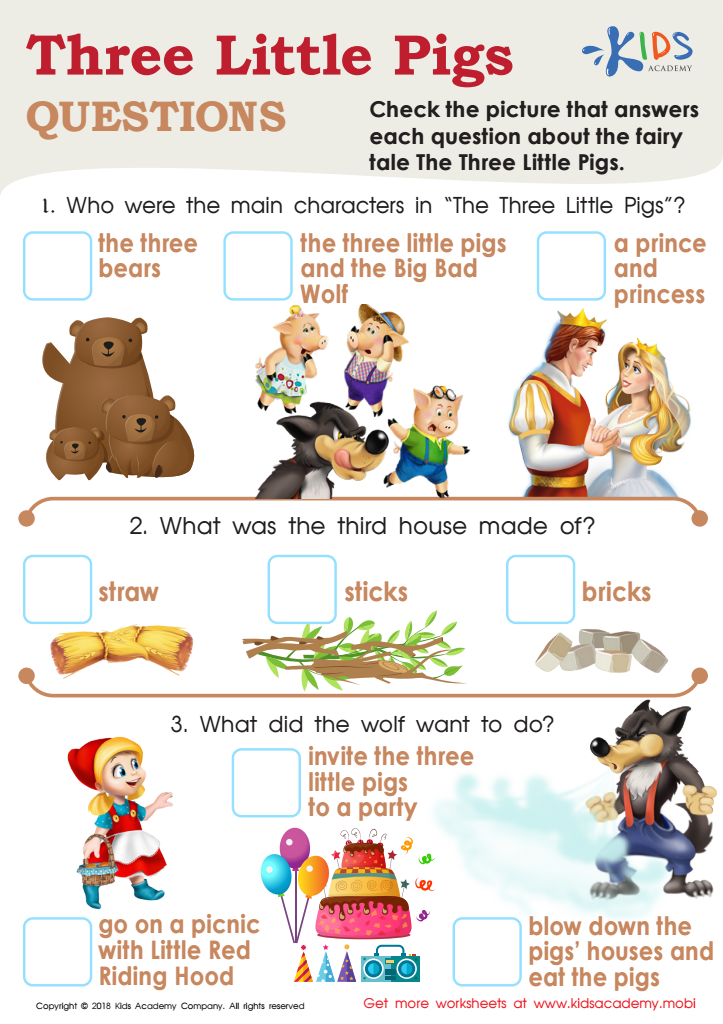

Three Little Pigs Questions Worksheet
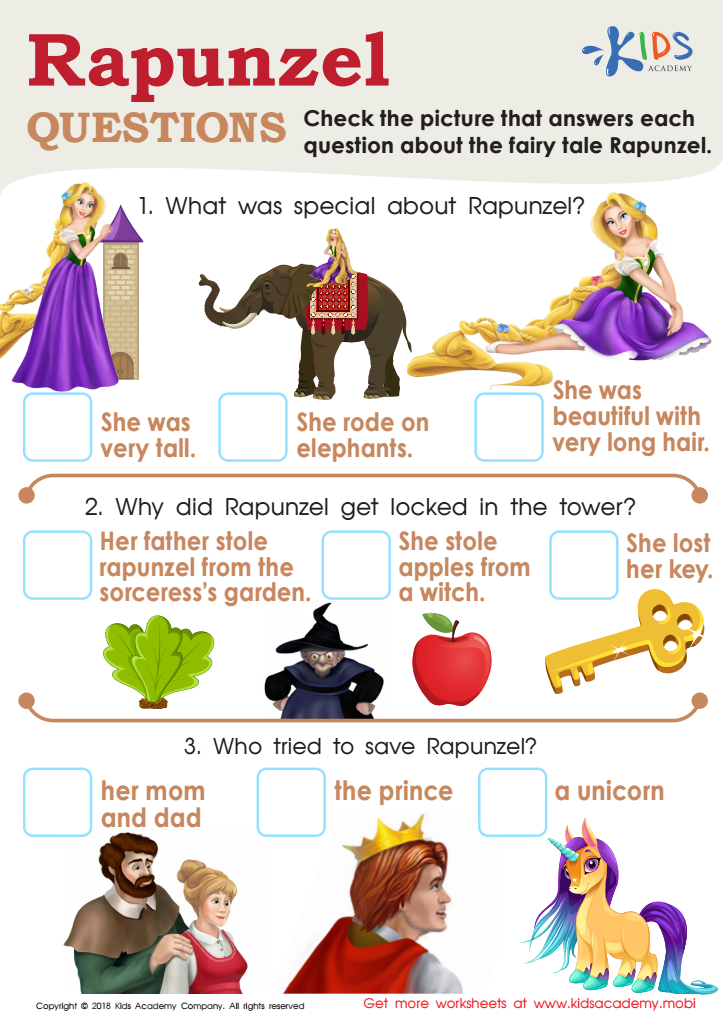

Rapunzel Questions Worksheet
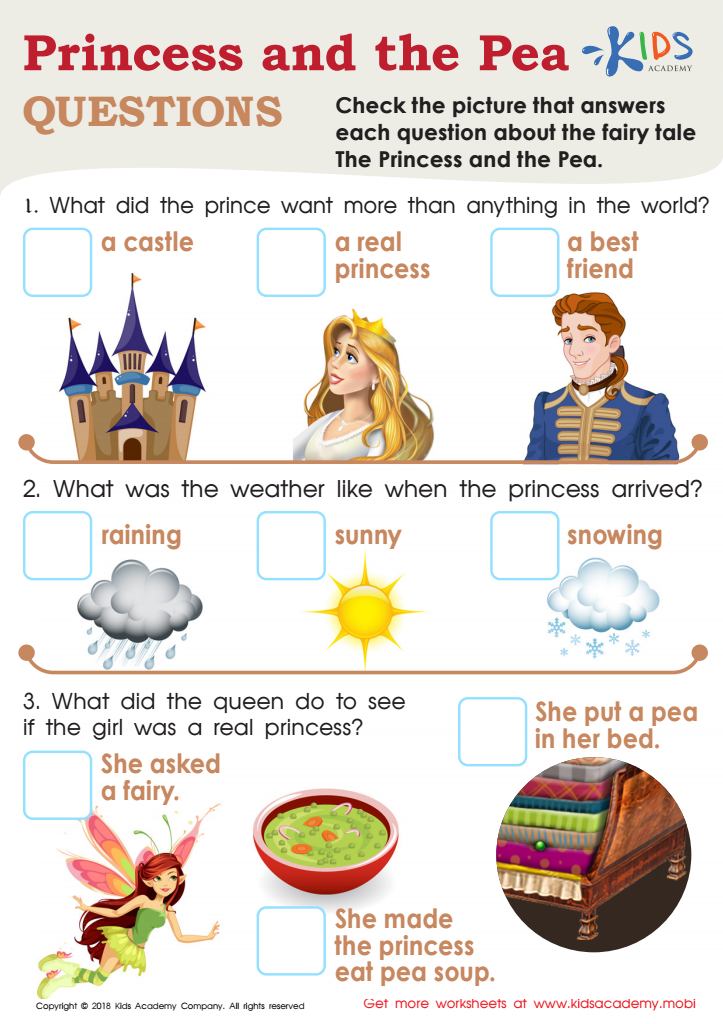

Princess and the Pea Questions Worksheet
Parents and teachers should prioritize critical thinking and vocabulary development for children aged 4-8 because these skills form the foundation for lifelong learning and communication. Critical thinking encourages children to analyze, evaluate, and make connections between ideas, fostering creativity and problem-solving abilities. At this young age, children instinctively ask questions, and supporting their inquisitiveness helps develop a mindset geared toward seeking understanding and not just memorization.
Simultaneously, building vocabulary during these formative years enhances language skills, allowing children to express themselves clearly and confidently. A rich vocabulary aids in reading comprehension, communication, and social interactions. When children can articulate their thoughts effectively, they engage more meaningfully with peers and adults, laying groundwork for strong relationships and collaborative skills.
Furthermore, vocabulary and critical thinking are interlinked; greater linguistic competence enhances a child’s ability to critique, compare, and infer information. By fostering both these areas, parents and teachers nurture well-rounded individuals capable of adapting to various educational contexts. This investment in personal and academic growth can empower children to navigate challenges resiliently and creatively, making them better prepared for future pursuits both academically and in everyday life.
 Assign to My Students
Assign to My Students















